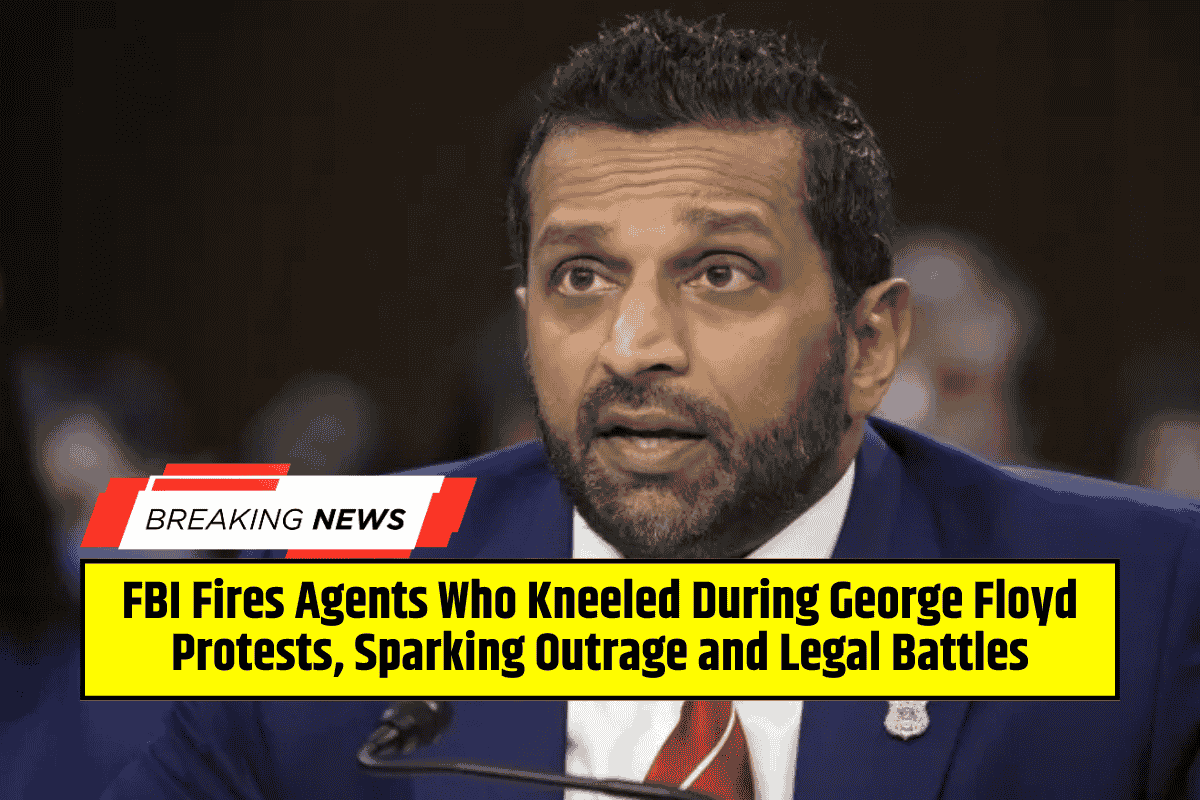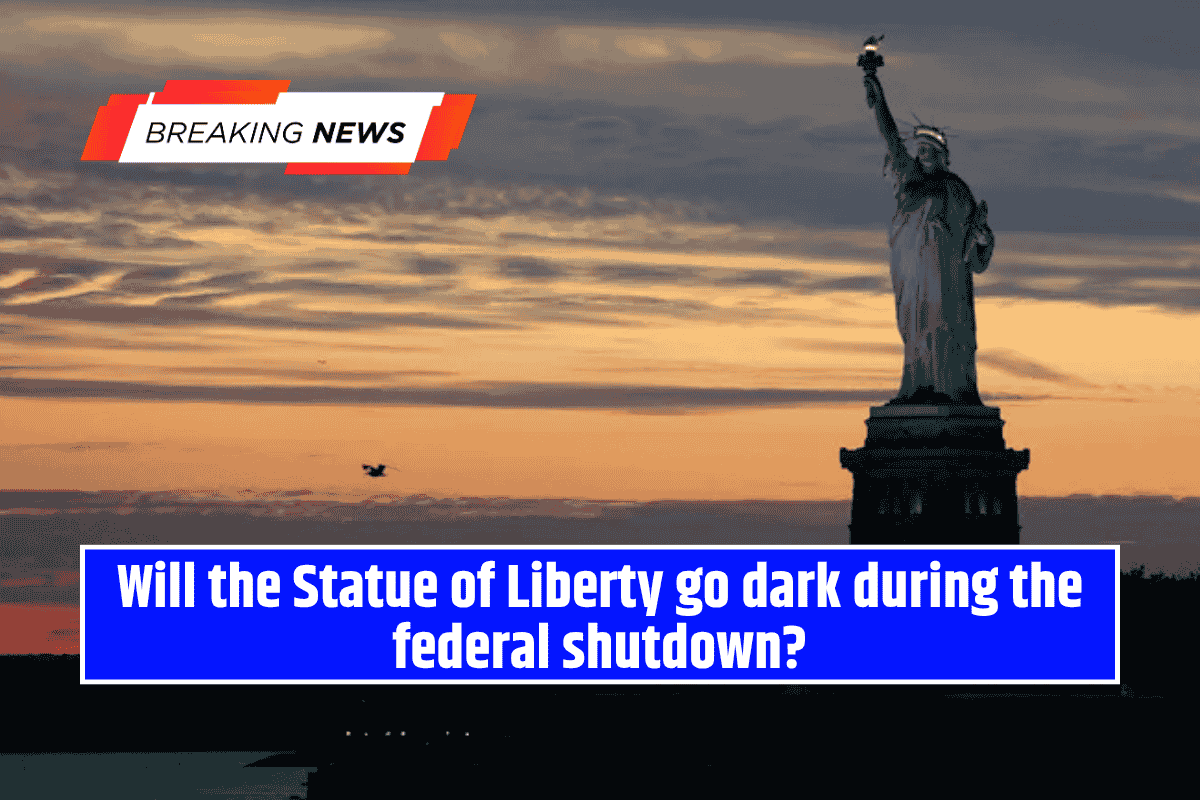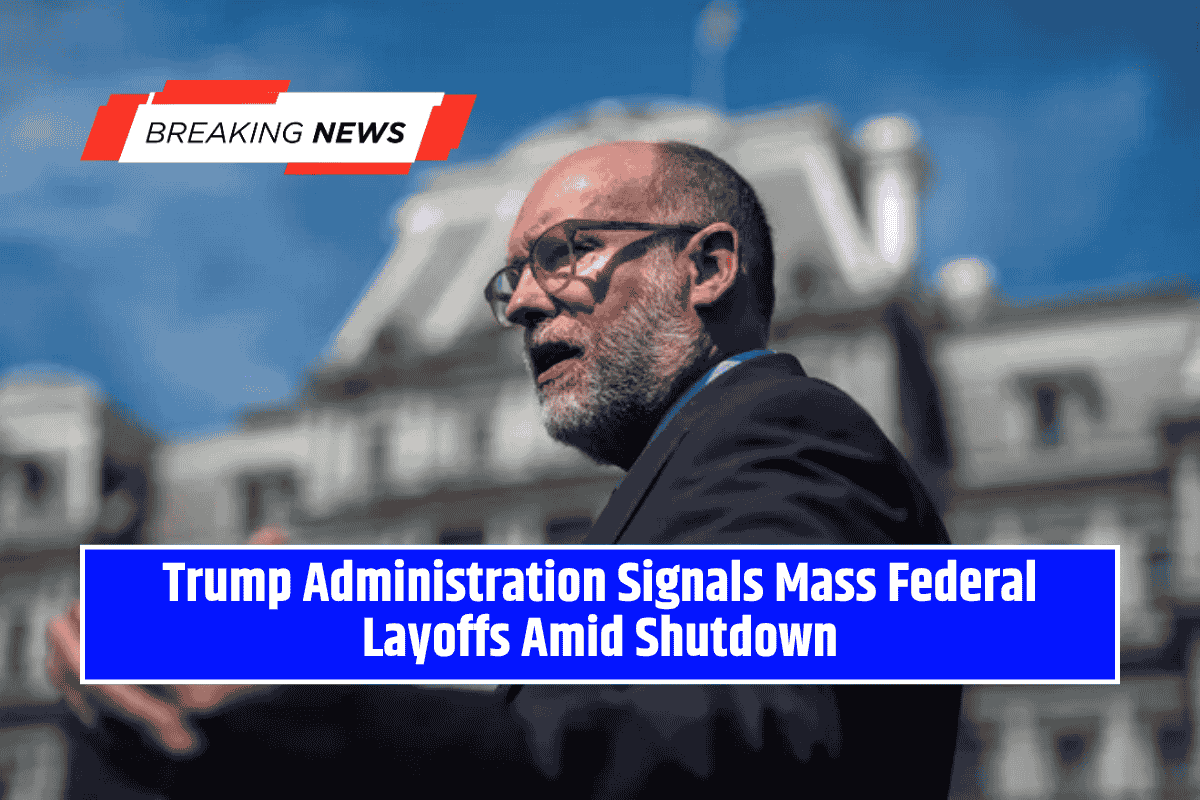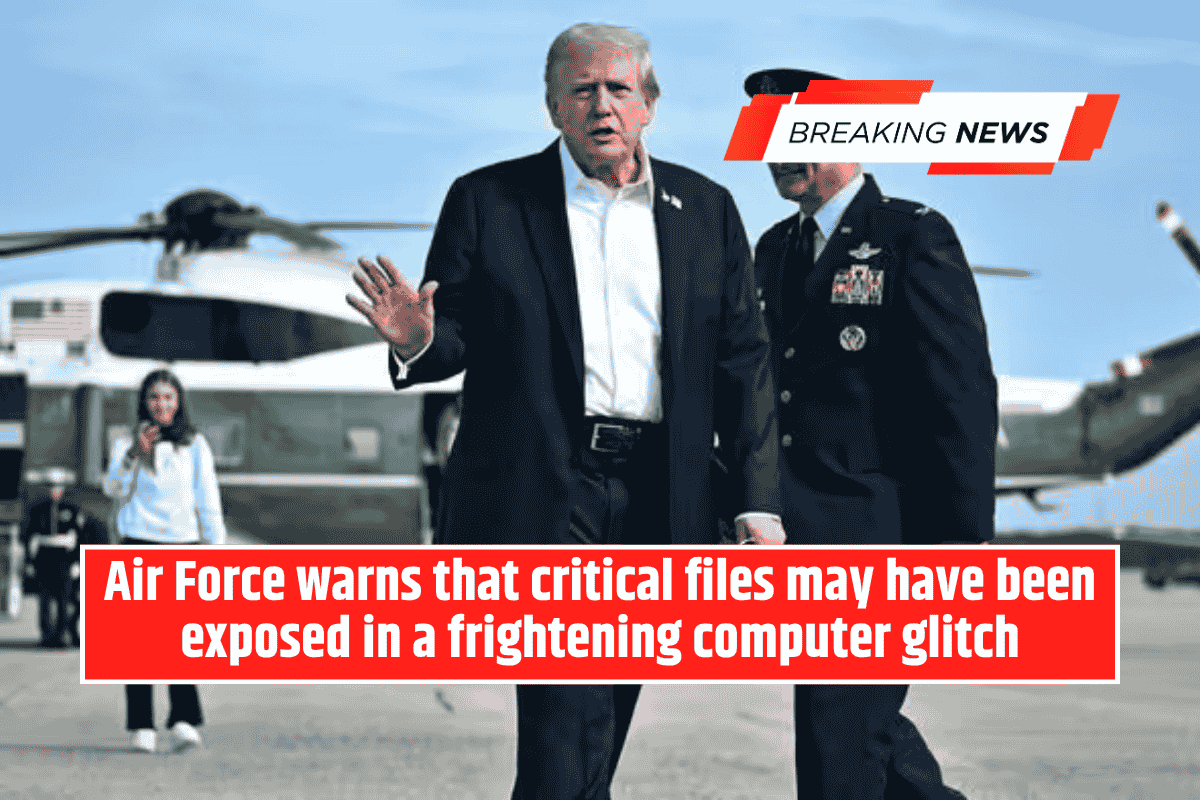More than 20 FBI agents have reportedly been fired for kneeling with protesters during the 2020 racial justice demonstrations in Washington, D.C., following the death of George Floyd.
Though the FBI hasn’t confirmed the exact number, several news outlets suggest it includes senior-level officials.
The kneeling took place on June 4, 2020, when a group of agents joined a peaceful protest and briefly kneeled as a de-escalation tactic.
At the time, protesters outnumbered the agents and asked them to kneel in solidarity. Similar gestures had already been made by National Guard members earlier during the same protests.
FBI remains silent, but backlash grows
While the FBI has refused to comment publicly on the firings, the FBI Agents Association—a nonprofit group representing bureau employees—confirmed that more than a dozen agents, many of whom are military veterans, were among those dismissed.
In a strongly worded statement, the group called the terminations “unlawful” and accused FBI Director Kash Patel of denying the agents their constitutional rights and due process. The association urged Congress to step in and investigate the firings.
Internal review had cleared agents initially
At the time of the protests, an internal FBI investigation found that the kneeling agents had not broken any specific rules. Bureau leadership concluded that no disciplinary action was necessary and the agents’ actions were part of a peaceful strategy to calm tensions.
However, things changed under the leadership of Director Kash Patel, who took over with a promise to remove what he called “political bias” from within the FBI. Since then, the bureau has seen a wave of firings, resignations, forced exits, and demotions.
Former FBI officials sue over dismissals
Three former top FBI officials—Brian Driscoll Jr., Steven Jensen, and Spencer Evans—have filed a 68-page lawsuit alleging that their firings were politically motivated.
The lawsuit claims the FBI is being turned into a political tool of the Trump administration and accuses Director Patel and others of violating their legal and constitutional rights.
The suit was filed against the FBI, Director Kash Patel, Attorney General Pam Bondi, the Department of Justice, and former President Donald Trump’s administration.
Patel has denied the accusations. He told the Senate Judiciary Committee last week that all the individuals who were fired had failed to meet the FBI’s internal standards—not because of political views or actions.
Political pressure and public opinion
Back in 2020, then-President Donald Trump had demanded tighter control over protests and pushed Attorney General Bill Barr to take action. Barr responded by ordering federal agents, including those from the FBI, to assist in crowd control and to secure government property.
Photos of FBI agents kneeling quickly spread on social media and led to a backlash. Critics accused the bureau of showing a liberal bias. Although the internal review at the time cleared the agents, pressure from the political right remained strong.
Now, with these firings coming years later, many see it as a politically driven move—especially since no policy was broken and kneeling was widely seen as a peaceful response to protest demands.
The firing of FBI agents who kneeled with protesters has reopened the debate over political influence in law enforcement. While the FBI leadership insists that the dismissals were based on performance and professionalism, legal experts and advocacy groups argue that due process was ignored.
With lawsuits filed and pressure mounting on Congress to act, this issue is far from over. What began as a symbolic moment of peace during a national crisis has now turned into a legal and political firestorm that may shape how the FBI is seen for years to come.










